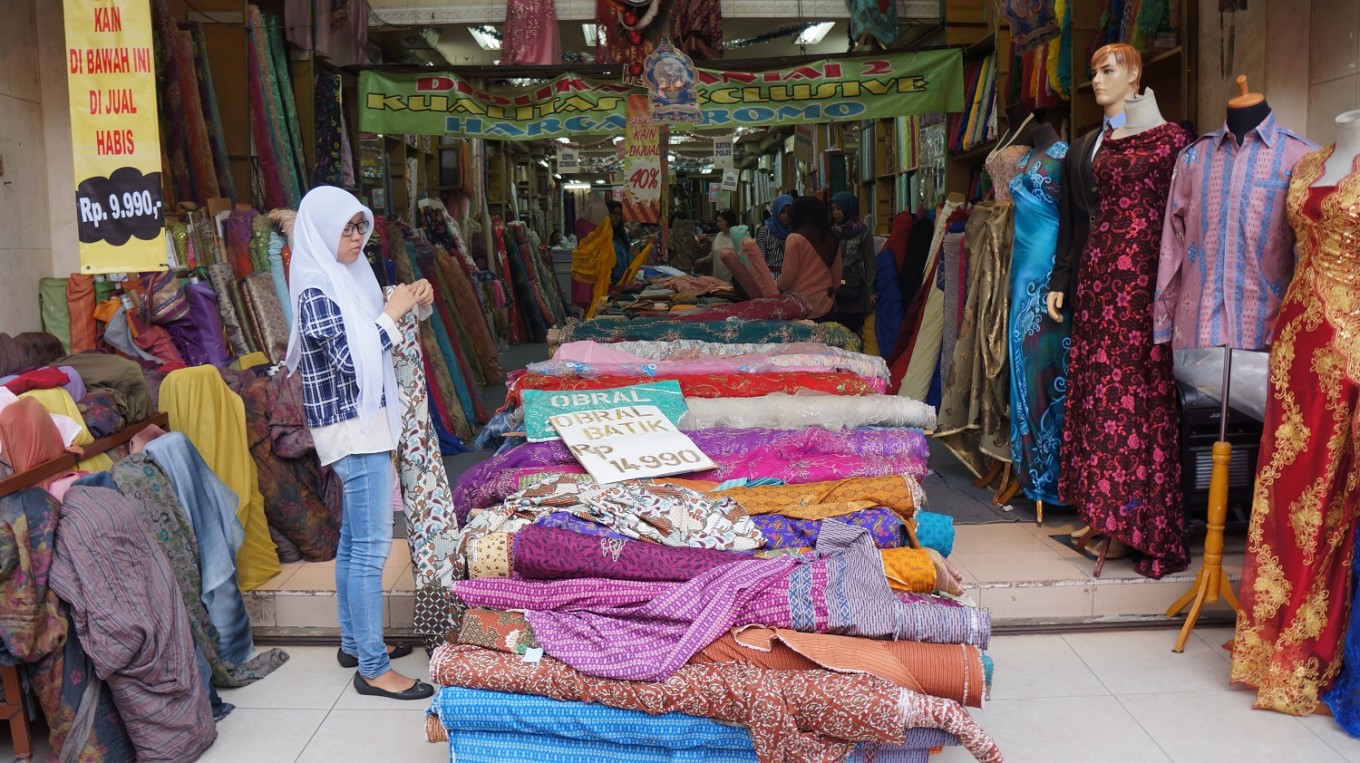The subdued textile and textile products industry is not impressed by the government policy to offer “jumbo” tax deductions as the industry considers that the safeguard policy will be more helpful to protect the industry from the storm of imported products.
Indonesian Association of Synthetic Fiber Producers (APSYFI) secretary-general Redma Gita Wirawasta said on Wednesday that what was needed by the textile industry was for the domestic market to absorb the products it had manufactured.
He said APSYFI members planned to reduce the production target in the second half by 15 to 20 percent because of the declining demand from the textile industry.
“The most important thing for us is that we can sell [our products] rather than getting incentives but not being able to do business,” Redma said as quoted by kontan.co.id during an event to evaluate the performance of the synthetic fiber industry in the first half of 2019.
The government issued Government Regulation (PP) No. 45/2019 on June 25 to regulate a tax deduction of up to 300 percent, which aimed at boosting investment, research and development (R&D) as well as the participation of businesses in improving Indonesia’s human resources.
Redma stressed that without any fiscal incentives, the business would grow if the government could help boost the market demand by controlling imports.
He explained that in the period between 2007 and 2018, imports of textiles and textile products grew 12.3 percent, while exports only grew 3.1 percent.
He said the storm of imports had seriously affected the industry.
He revealed that in 2018, the factory utility of fabric was at 61.5 percent of its installed capacity, fiber at 67.7 percent, yarn at 76.5 percent and garments at 86.9 percent, while in 2017, the factory utility of fabric was at 56 percent, fiber at 67.7 percent, yarn at 75.8 percent and garments at 80.1 percent.
Published On : 11-07-2019
Source : The Jakarta Post

